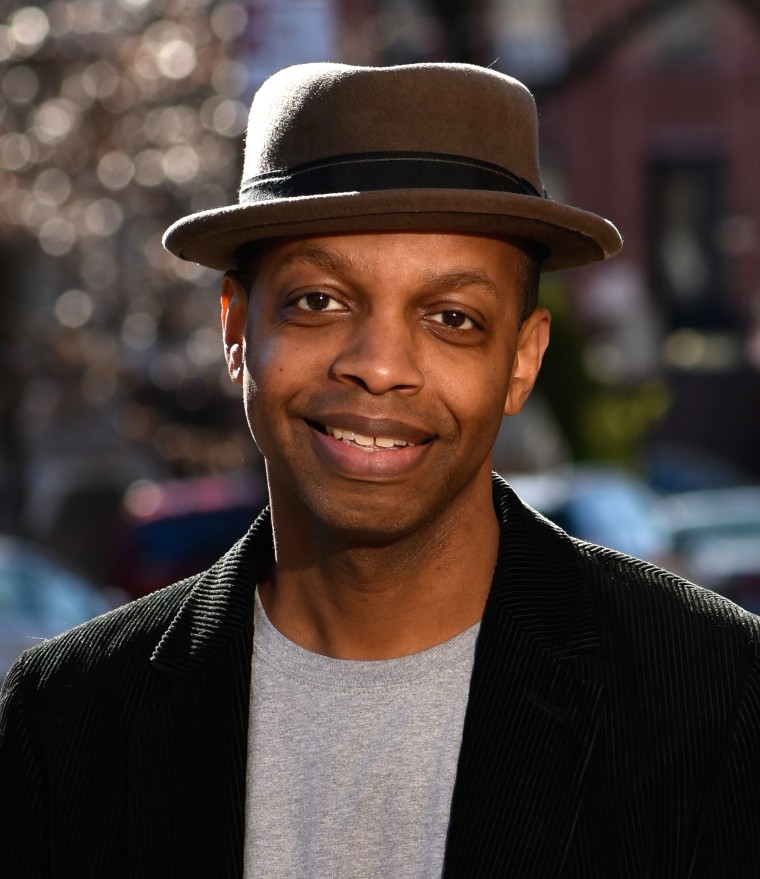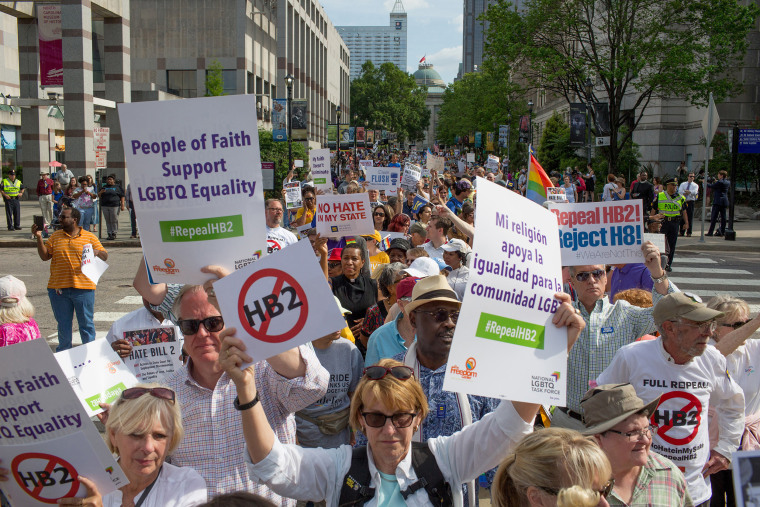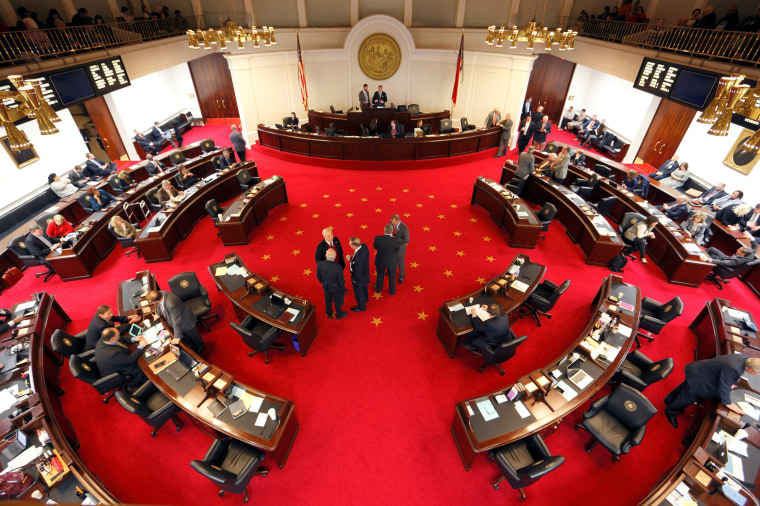Detransition, Baby is a Deliciously Femme Queer Drama
As a broad who has taken shelter in Virginie Despentes’ writing during her own perennial gender malaise, I initially mistook the title of Torrey Peters’ debut novel for a cheeky nod to Apocalypse, Baby, the 51 year-old dyke author’s hard-boiled novel wherein two female private investigators are tasked with finding a missing teenage girl. Yet as anyone who bothered with the book jacket copy can report (and as I soon learned mere pages in), the ‘baby’ in Detransition, Baby’s title is a literal one, nodding to a fetus conceived by transwomen at the expense of cisgender misfortune. A trans woman herself, Peters is a knowing mistress of the endless quotidian foils of the cis circumstance.
Still, in true Despentes fashion, Peters tosses the reader a helmet and instructs her to climb on for a bitchseat ride into the big city. For the reviewer, Detransition’s contemporary Brooklyn is a familiar one, full of friction and stickiness. There are heated conversations between exes in Prospect Park, recollections of Hey Queen!, and an amiable sex worker joke or two that left me radiant (and hoping all the more that someone passes this book onto Despentes). There is ample queer drama; all traversed with an adult grace that Detransition’s seem grateful to experience. It’s here that we meet Reese, a Venus of Willendorf of a trans girl gifted with a maternal streak despite never permitting herself to be topped as such; Ames, formerly Amy, formerly Ames, a clever detransitioned transwoman in tech who once dated Reese but has now, despite the scientific odds, produced an unplanned, viable embryo with the cishet Katrina, his biracial divorcée boss.
It’s all deliciously femme, though not without self-critique. Some of the novels’ bitterest pills, literal and figurative, are thrust at the ganglions of Peters’ hard-headed sisters; call it Estradiol and Come to Jesus. Yet any true ire or embitteredness is directed at the cismen with whom trans women often engage out of necessity, nevermind their insistence on demanding a femininity that quickly becomes asphyxiating. “Life as a woman was difficult, so people gave up,” Peters writes of Amy’s detransition. Though a more thorough explanation comes with time, this alone should suffice. After reading one of the novel’s jabbing diatribes against cismen, I texted a friend to say, “Surprise, surprise. My Andrea Dworkin is a transfemme.”
Much of Detransition is spent turning between Ames’ pasts as Amy and Ames: Amy’s ungainly experience of being a trans teen already grappling with the impossibility of living up to a gold standard dictated by cis people, then a trans young adult Reese’s dedicated tutelage; the equally ungainly experience of Ames becoming a father when, despite conventional appearances to the contrary, he so isn’t a guy and Katrina so isn’t a housewife. Given that everyone here seems to be a dyke in everything but name, I won’t fuss over pronouns (Peters uses them interchangeably depending upon who Amy/Ames is in the moment) but instead recklessly borrow from Monique Wittig. Ames devises a lifehack for the sake of everyone’s needs: the three should co-parent.
Before Reese and Katrina accept the proposal, they are quick to laugh it off as the plot of an old black comedy starring Carey Grant. However, with the news of the baby, imagination’s seed is planted. Lovers—former and current, cis and trans—humbly seek out ways to obtain the love and care they deserve.
Needless to say, there’s a whole lotta grey in Detransition, and it is not a pollutant, but a breath of fresh air; melancholic but liberating, the novel is further enhanced by Peters’ willingness to engage with the most undeclared of internal and external trans conflicts. While reading a chapter that, through rigorous flashback, details the agony of Amy’s teen years in the Midwest and the impossible binary foisted upon him, I was reminded of a conversation Peters had with a fellow writer, Harron Walker, three years ago in Condé Nast them. “Trans women are fucked up and flawed, and I’m very interested in the ways in which trans women are fucked up and flawed,” she told Walker.
And thus, we see “fucked up and flawed” here at critical mass. When teenaged Amy, still presenting as the conventional ideal, shows up at high school dress-up day in a large brassiere in the likeness of a busty female classmate, she receives congratulatory high fives from a male peer while her female classmate looks on in abject humiliation:
Amy arrived to school on Switch Day with the bra stuffed under Amy’s otherwise everyday clothes. Mary Anne’s face fell the second she saw Amy; it was a look of pure hurt, crestfallen with disappointment in what Amy found to imitate in her existence and body. “Why are you so mean?’ she asked Amy. And suddenly Amy saw what she had done: a pair of tits. She was saying that’s all Mary Anne was. And at that moment, when she might have apologized, might have found the courage to ask Mary Anne for help, to tell her she wanted to understand her better, that she wanted to be like her, if only for a day. Jon McNelly came by, pointed at Amy’s stuffed bra and said, ‘Nailed it!’ Mary Anne managed a smile with her mouth, but her eyes went wet, and she nodded and said, ‘I hope you have a good day being me.‘
Amy considered taking off the bra, abating her cruelty for Mary Anne’s sake. But she didn’t. She wore it all day. She liked wearing a bra. She liked people commenting on her boobs. That night, she wore the bra again when she jerked off to the fantasy of Mary Anne forcing her to dress up in her clothes, then tossed it in a dumpster on her way to school the next morning.
The transdyke tragedy of it all—Amy desperately yearning for the companionship of other girls and their naive affirmations in lieu of all this bro back-patting; Amy settling for the secret of the brassiere that contains a beating heart that wishes it could’ve truly dressed the part—is so damn good because, yes, Ames is “fucked up and flawed” and, in this moment, a misogynist; as are all women for at least a solid day in our lives.
The gut wrench of this scene was further compounded when I recalled the late writer Bryn Kelly. A Lambda fellow and an incisive thinker, Kelly’s musings can be found on Twitter. One smoke-curling sentence of many, pinned at the top of her profile, resonated: “also reminder that this is late capitalism, we all buy our genders, some are just more expensive than others.”
Peters has a line early on in Detransition, voiced through Ames, that does not solve this dilemma of gender’s exorbitant cost. But it does provide a salient motive for why one would put their bodies through such a maddening wringer—day after day, year after year—for as long as they can bear it: “Basic comprehension of capitalism’s arbitrary mechanics doesn’t satisfy—the heart demands a human explanation.”
What will propel readers along isn’t simply Peters’ confident literary throttle, but their hope in the unorthodox, too: Can love, as Reese, Amy, and Katrina have come to define it at thirty-four, twenty-nine, and thirty-nine, respectively, exist? Is there possibility for, not the compromise that Eartha Kitt famously scorned, but identification of and nurturing of existing common ground? If Amy, Reese, and Katrina pull it off, the success would be greater than anything: satisfying sex void of dissossociation, internal and external identities that seamlessly align, a dress that is both comforting and flattering. Peters religiously casts out the silks that bind cis and trans experiences, imagining and then crafting a neo-nuclear family. At the end of the day, a web is still a home.
The political merits of a tale centering transgender and cisgender harmony are great, and so my primary critique of Detransition, Baby is an oblique one, pointed squarely in the direction of reviews that extoll Peters’ “remarkable” aptitude for knowing where she and women like her stand in relation to the sanctified cisgender majority. Inevitably, these reviews have less to do with Peters’ literary prowess than assumptions made about her experiences of trauma.
Likewise, singling out Peters’ take on cis/trans kinship too heavily in critical responses risks eclipsing the cis and trans women who’ve testified to the very tangible powers of a cis-trans utopia for decades. The New York Chapter of Daughters and Bilitis regularly had Marsha P. Johnson over for dinner; Tourmaline made a film on Marsha P. Johnson with Sasha Wortzel; Astraea Lesbian Foundation for Justice funds transwomen’s grassroots organizations; Imogen Binnie’s 2013 roadtrip novel Nevada is all but a love letter to the dyke punk. While Peters’ book is groundbreaking in its ability to go deeper than we’ve ever been, this connection is old news.
Furthermore, it feels safe to assume that Peters, who self-published two novellas prior to Detransition to circumvent the publishing machine’s secondary glass ceiling, would much prefer to not be the only transgirl entering 2021 with a major publisher’s blessing of her fiction (which is to say, an endorsement of the glowing and grimy corners of the trans imagination). All this ache of loneliness on the page, only to be the only one tokenized or placed on a pedestal? Never.
While I was measurably off in my impression of the tone and shapes that Peters’ new writing would take, I am inclined to cling to my Virginie Despentes error. Despentes, a dyke and a former hooker, refused to suffocate beneath the wool blanket of social stigma and simplistic artistic renderings that only served to stifle her further. Rather, she drew a sword—one that only she could possess—and sliced through the inanity of whorephobia, misogyny, and fear to present readers with the captivating (but hardly singular) idea-riddled woman whom publishing had rendered mute for generations too long.
A decade later, Peters has drawn a sister weapon. Her labrys cuts through the clutter just as sweetly.
Detransition,Baby by Torrey Peters One World Hardcover, 9780593133378, 352 pp. January 2021



